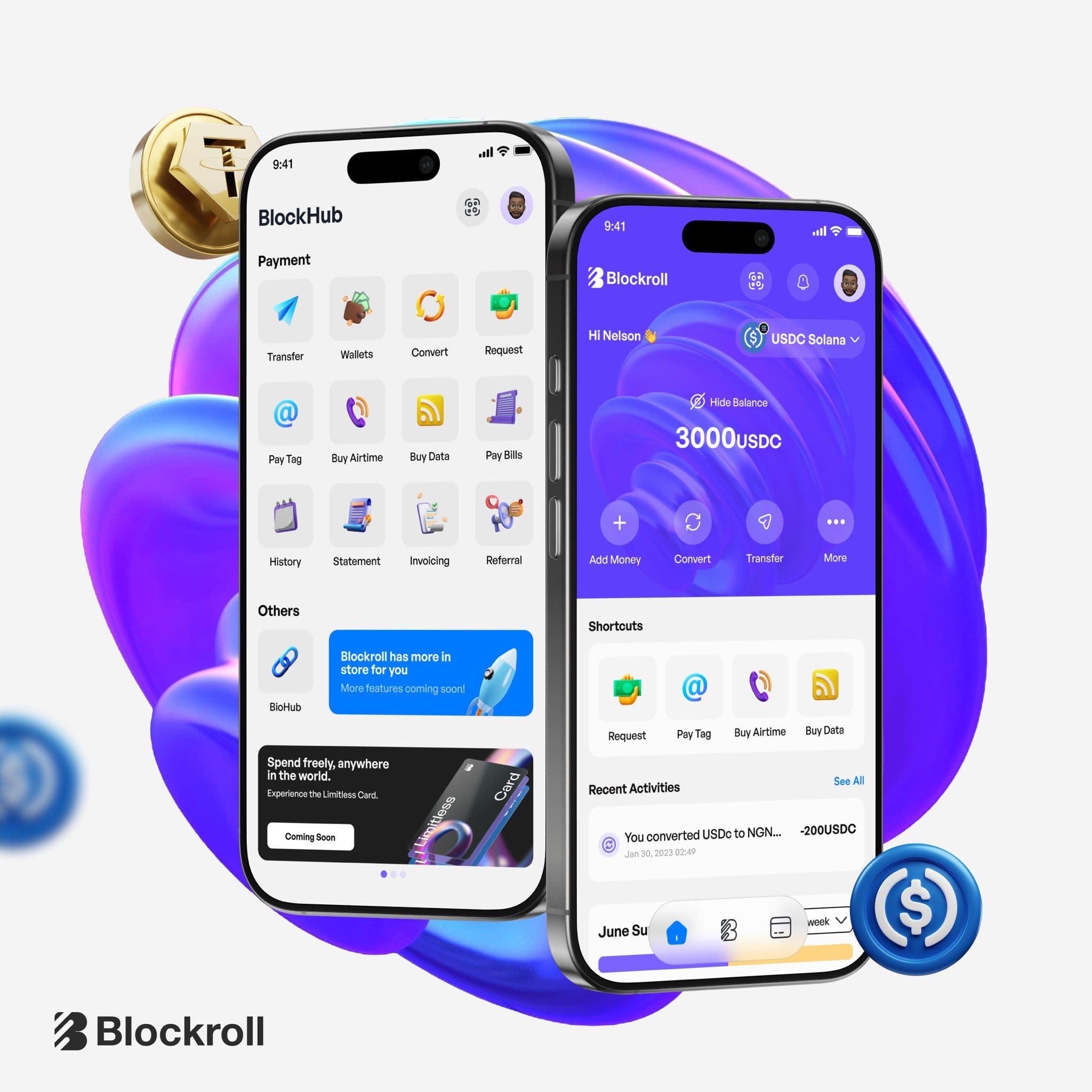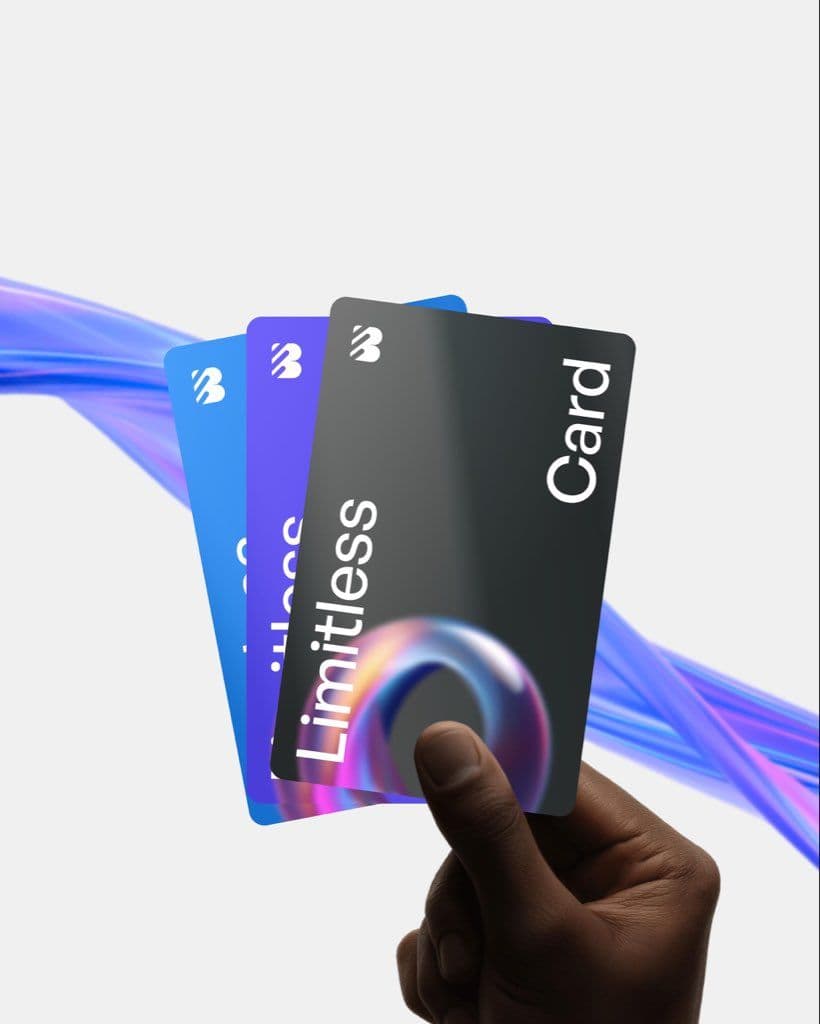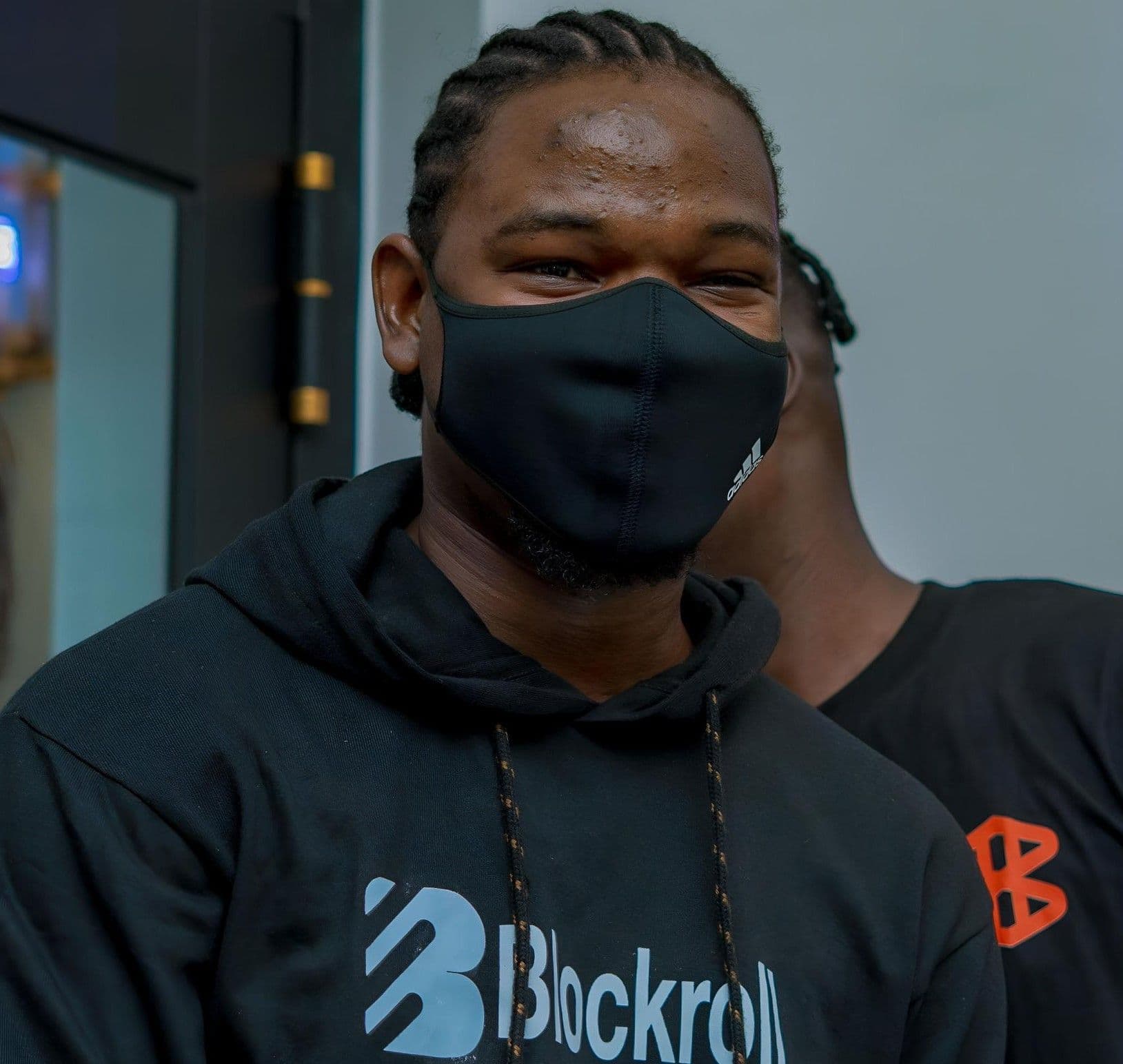
How Blockroll is Changing Remote Earning
Meet Blockroll, the Nigerian startup redefining freelancing, helping freelancers get jobs and payments faster while building with blockchain tech.
Meet Nigerian startup, Blockroll, a fintech company changing the way freelancers, and anyone, anywhere can receive fiat and crypto.

Founded in 2023 by two young Nigerians, Sadiq Isiaka, a Blockchain Professional, and current CEO, and Stephen Adeyemo, the CPO and a product designer, the fintech company serves freelancers across Africa, with Nigeria freelancers being their majority users.
In an industry populated with lots of fintech platforms, most redoing the same thing, Blockroll stands out by its offers to freelancers — being the all-in-one app for freelancers seeking a financial plug.
With features like the ability to receive funds with fiat and stable coins, sending of invoices and a limitless card that has actually proven to work among others.
The story of Blockroll: What led to what?
Initially founded as a B2B that leverages the blockchain to provide a secure and fast payroll system to businesses, from their first version, Blockroll has since moved from secure payroll for businesses to providing financial accelerative services to individual freelancers, small business owners, and digital artisans.
The choice to provide a Blockchain payroll service to businesses was as a result of repeated frustrations that come with payroll systems. However, the founders, like many entrepreneurs, soon learned during the duration of their version one, that though there existed a need to be solved with the payroll for businesses, the market wanted something similar, but different.
This led to a platform that now provides all-in-one financial services to more individuals than actual businesses.
At TechGix, we feel that the pivot isn’t a misdirection, but a shift towards the right path, led by attention to the market pains.
Promoting the gig economy
Blockroll has been on the news for several positive things about their features. One of which stands out is the Limitless Card.
When we tested the card on a cloud provider (name redacted) that rejected three cards presented beforehand, and expressly demanded for a CREDIT CARD, the Blockroll card was successfully debited, despite being a debit card.

Somehow, this is one of the things the fintech platform has been able to do so well, and it is not surprising considering the fact that Sadiq’s aim of what Blockroll aims to achieve is to build a borderless means of money movement.
Aside from the normal transfer and receiving of money via an account number and a Blockroll tag (that allows unlimited free transfers), Blockroll lets freelancers create invoices, share their portfolio with potential clients using the free Biohub feature and swap their crypto to USD for dollar payments.
This Sadiq has often cited as one of the ways Blockroll aims to grow the gig economy, especially in Africa.
In mid 2025, Blockroll introduced the request feature that lets users request money from people, actually serving as a polite way to remind people who are owing us to pay up, or maybe to just ask anyone for money.
Navigating the tough terrain of the Nigerian fintech industry
First launched as a Web app in 2024, the platform, which aims to solve problems, hasn't been without its own issues. Anyone who is building a fintech product in Nigeria can relate to the fact that financial regulations in Nigeria can be tough, a reason why many quit or simply cut corners. Blockroll has remained dedicated to providing a unique solution while keeping their users and themselves on the safe side of the law.
With strong adherence to the EFCC’s Anti Money Laundering regulations, and the CBN’s KYC checks, Blockroll ensures that the platform is safe for everyone, blocking the use of their platform for malicious acts.
“One of the ways we detect potential money laundering is by checking for signs of huge payments into an account, and comparing it with the account history”, Sadiq once wrote.

In addition to adherence to key financial regulations, Blockroll is also in a B2B pact with a couple of significant partners.
- The Circle Alliance Program: A platform that helps onboard and promote the use of blockchain technology in finance.
- HealthGo: An hospitality group utilizing blockchain tech to offer healthcare adherence.
- Microsoft for Founders Hub: A Microsoft hub that gives early stage startups accelerative access to key Microsoft services like Azure.
- Workupversity: A platform for freelancers to get jobs.
- Amazon AWS Builders Acceleration Program: Similitude to the popular Y Combinator, this 10-week program helped Blockroll’s founders in their most early stage.
- Consonance Club: Consonance Club provides a community for founders to grow and share knowledge.
- ToroNet: This partnership provides access to blockchain infrastructure in building robust and secure payment services.
This partnership that began even before their version one came into public light shows the level of success they have achieved so far.
Moving forward: What’s next for Blockroll
In less than 60 days of launching the Blockroll app, the platform recorded about 4k in transaction numbers cumulatively running into tens of thousands of dollars.
As Blockchain technology continues to deepen into global functions including finance, we expect to see more innovative and smooth problem solving from Blockroll, which has had blockchain as part of it from day one.
Extrapolating from current trends, Blockroll is positioned to become a leading fintech giant combining Blockchain technology and digital finance to serve the needs of remote workers, and an even greater population.

